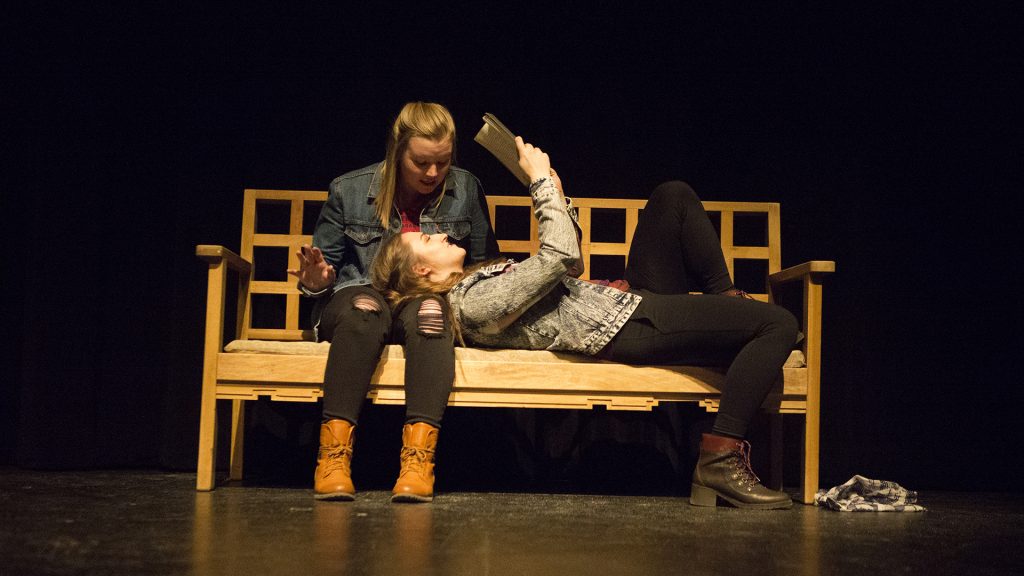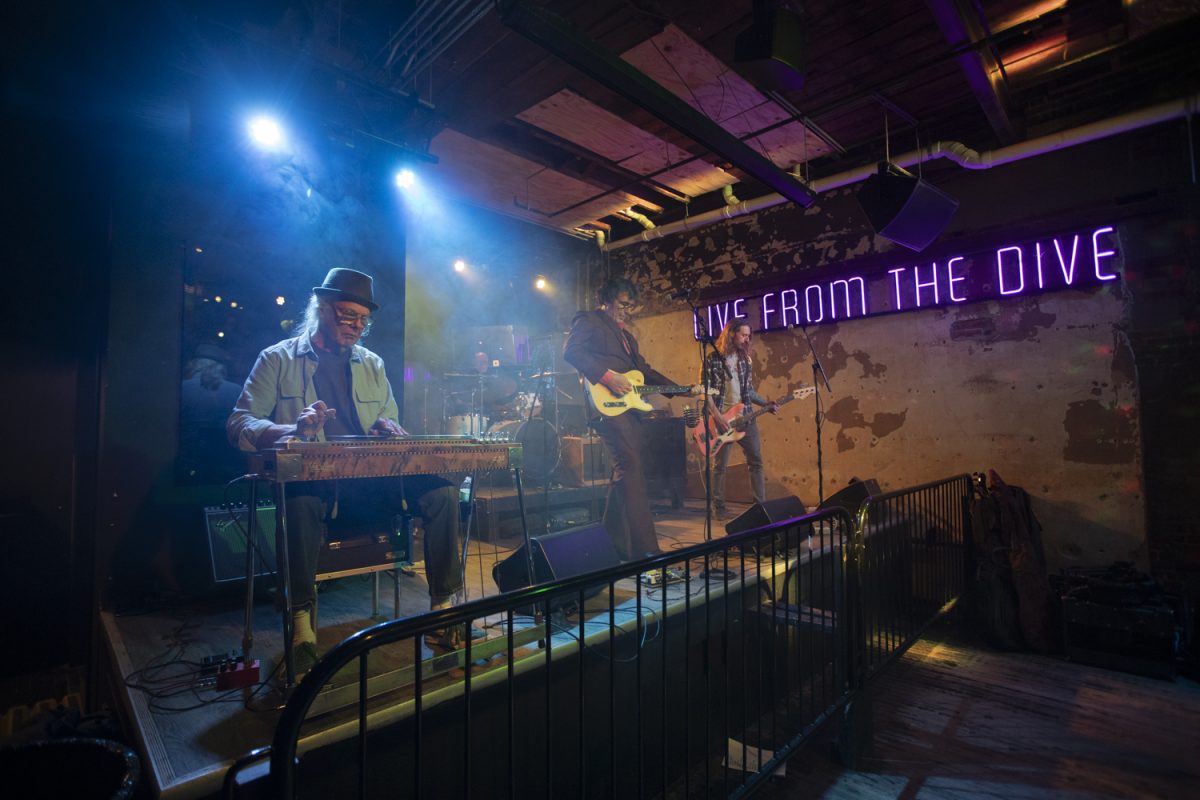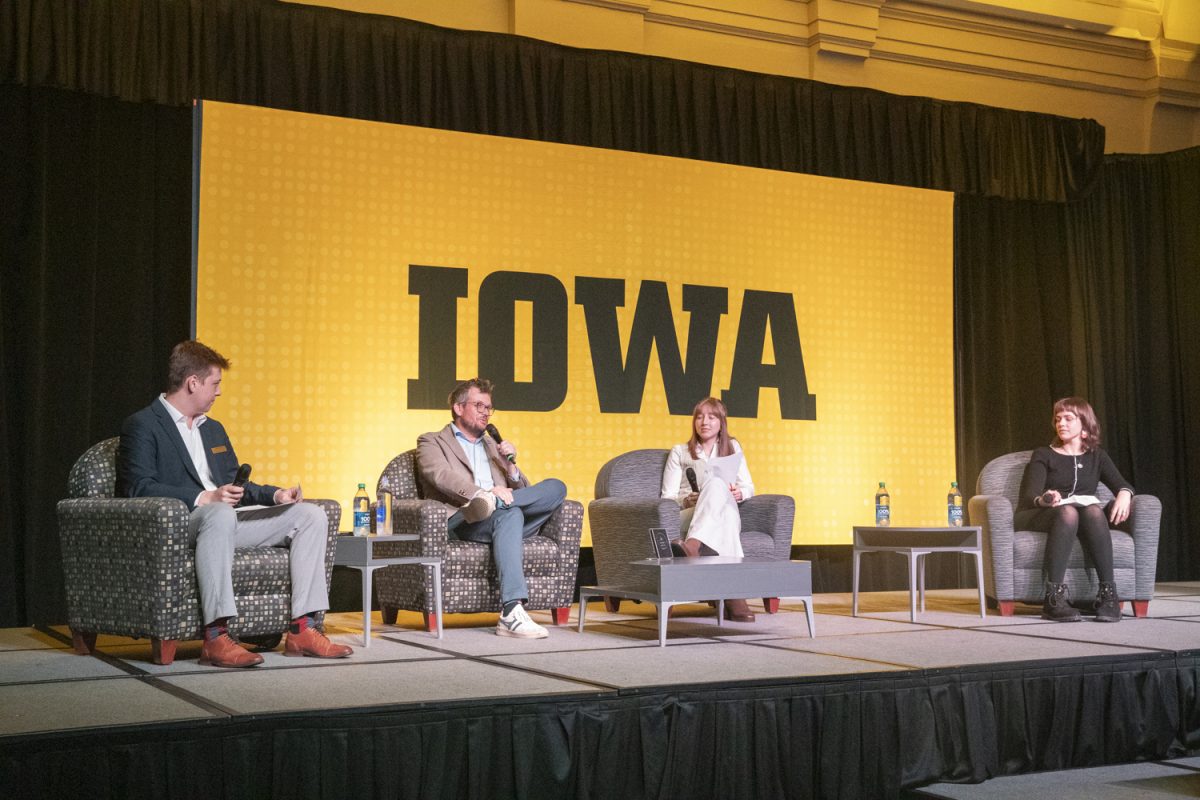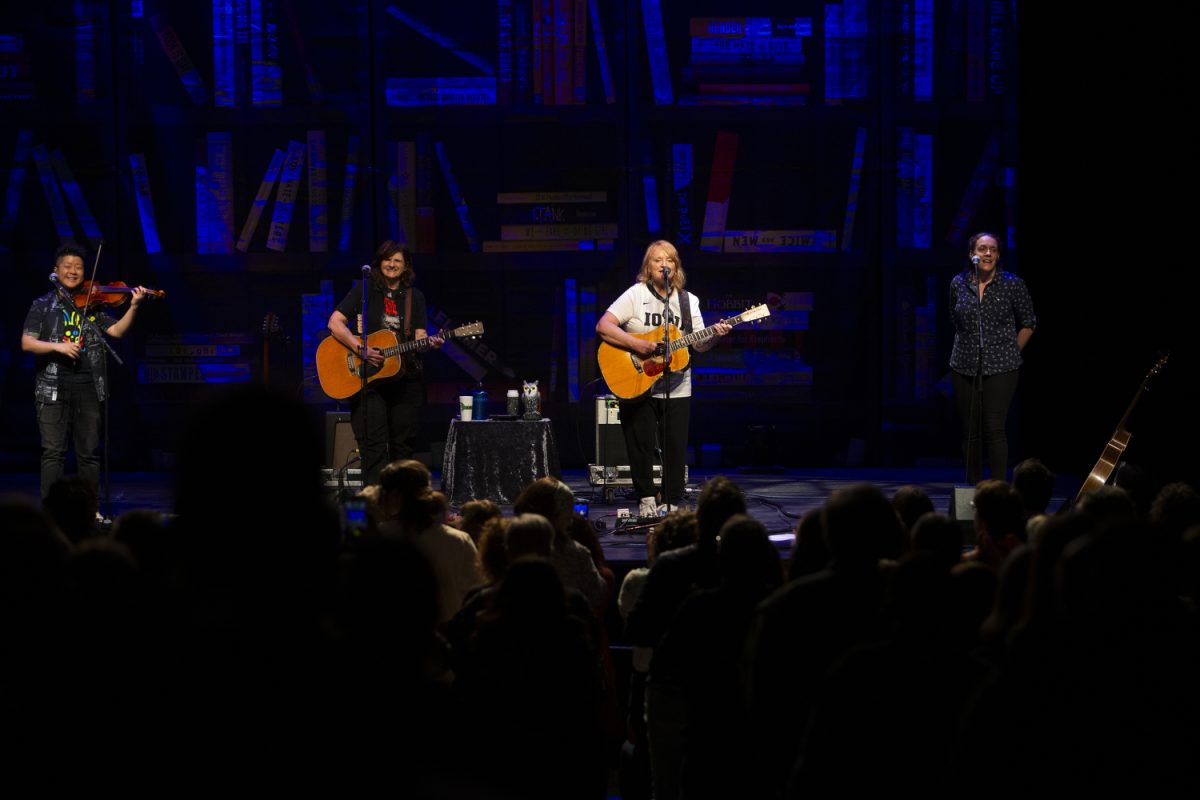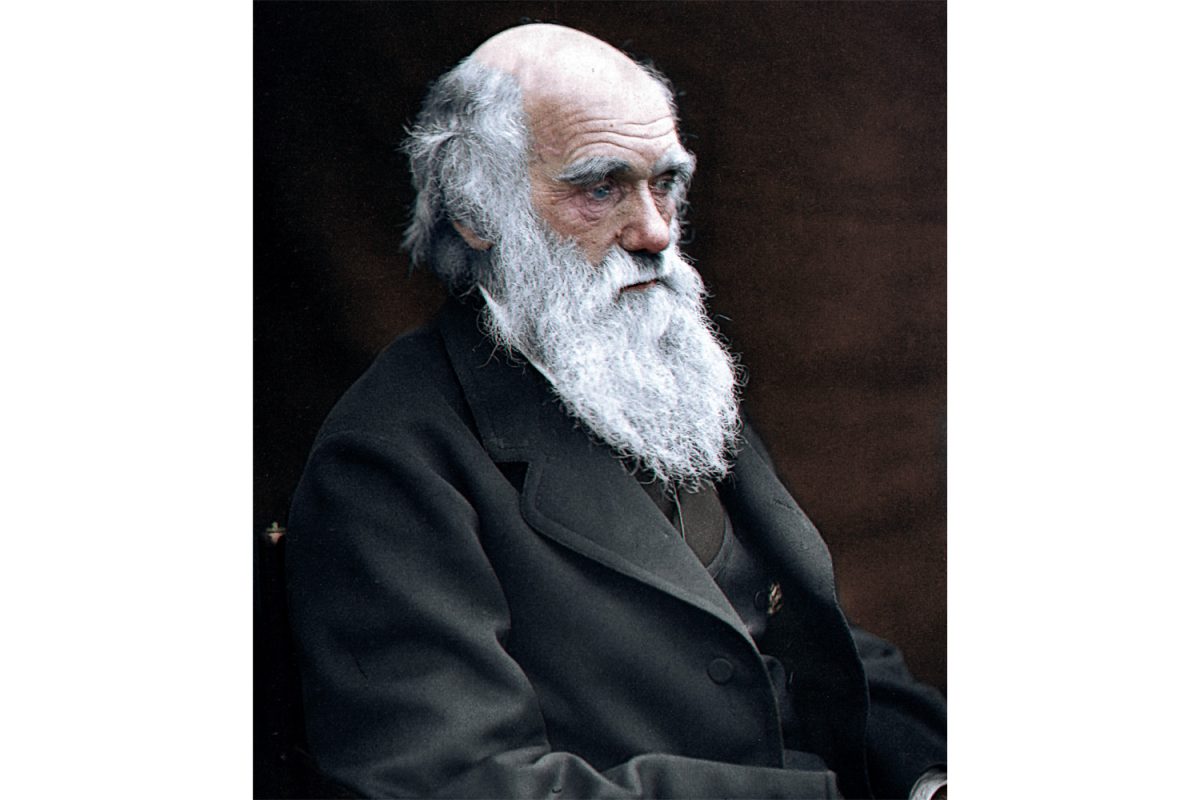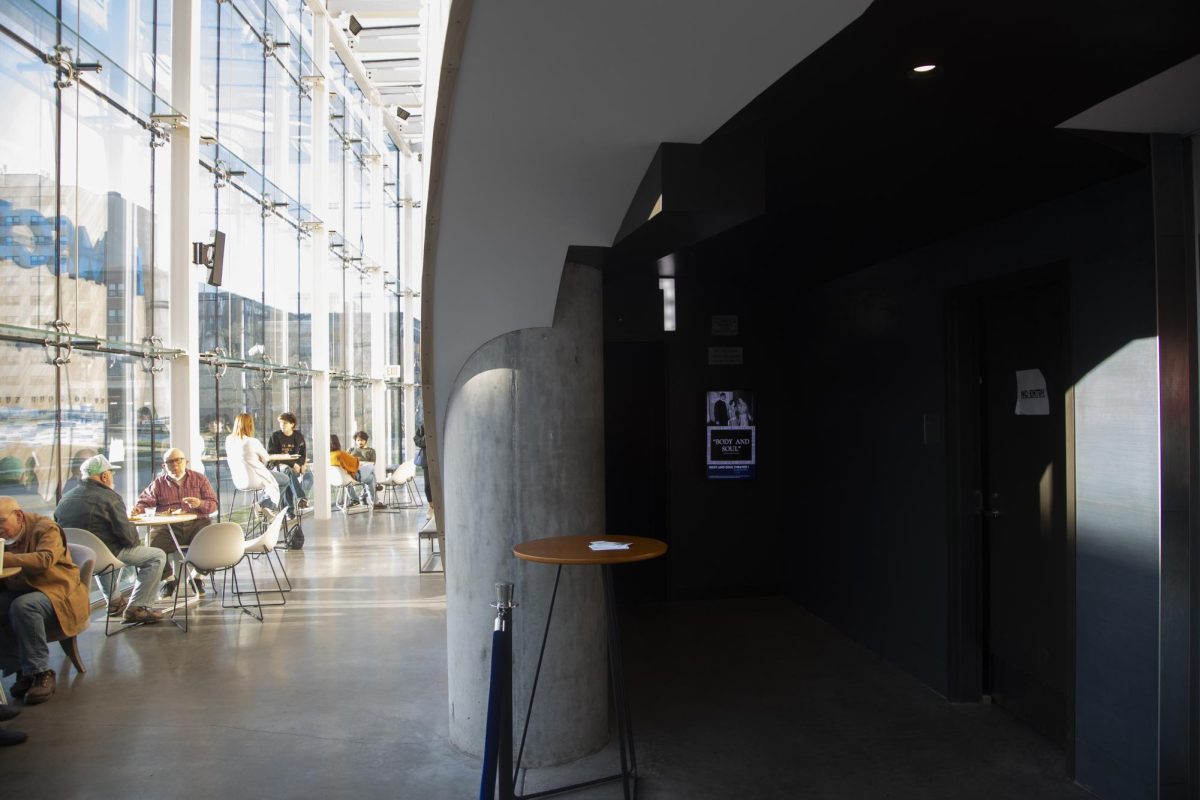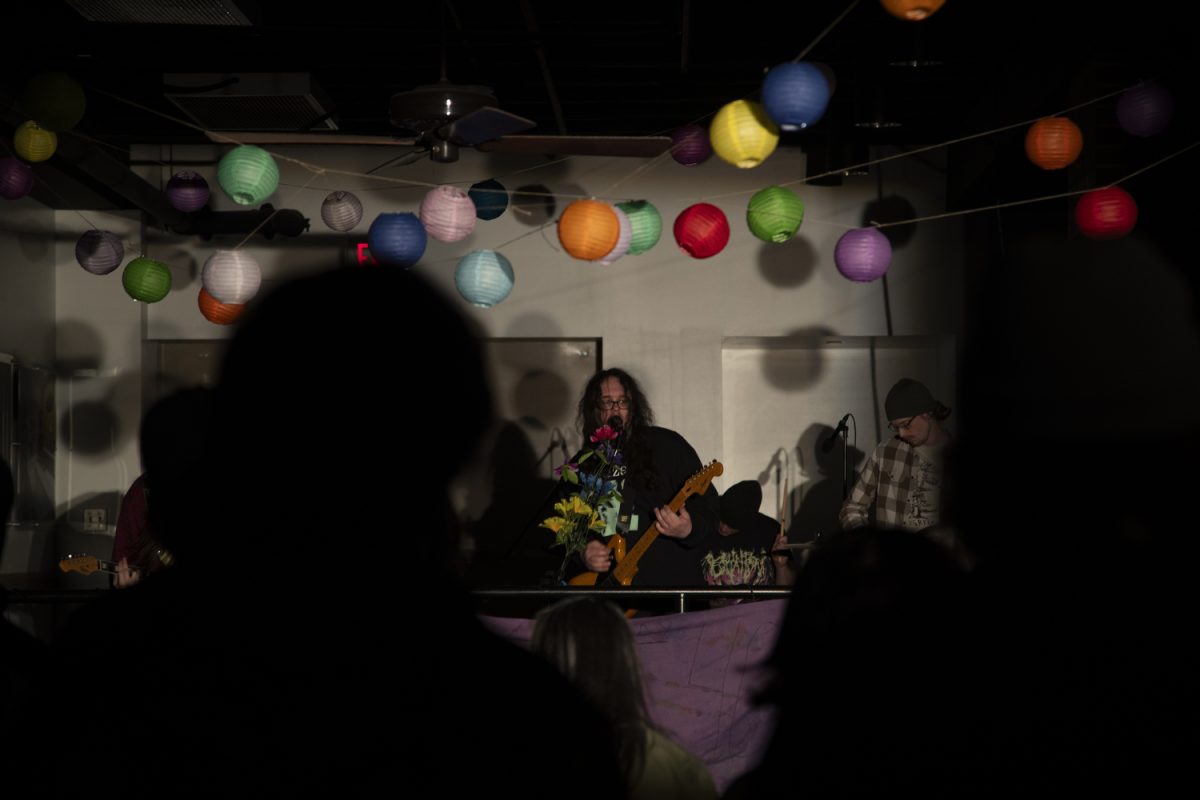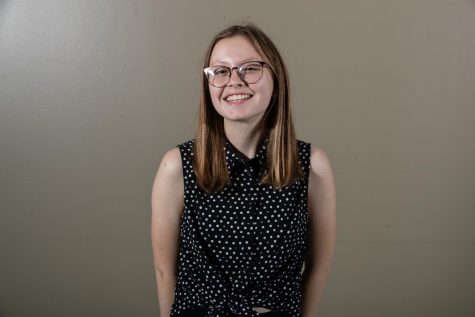“Tinder,” a word often associated with good looks and swiping left, has been reunited with its original meaning: parched kindling used to ignite a roaring fire. Smoke begins to rise in small-town Wyoming, in which two lesbians find their way through a harrowing maze of homophobia, xenophobia, and a line of missing horses.
Presented by the Theater Department as part of its Workshop Series, Western Tinder will première on Friday in the Theater Building’s Theater B. Set in the late-90s, the protagonist duo are knit together like some relationships: Saia (Kaylyn Kluck) is quiet, observant, and still reeling from her traumatic childhood; Iris (Emilia Bendler) speaks loudly and from her heart and is considered an outsider for not having lived in the community her entire life.
Western Tinder runs hard on the track of xenophobia and shows it through one of the troubles the town has stumbled into. With a line of horses missing, Renly (Brando Jenkins), a rancher, places the blame on a family of immigrants and protests their “unwanted” presence. The two powerful themes have a steady consistency in the arts, because art has the ability to change those inhumane perspectives.
Students are typically young people, and most live in a puzzle of figuring out who they are. Saia and Iris, in addition to their outer-world problems, face their own tangled mixtures of insecurities.
“I had had these characters and the setting in my head for a long time, but I wasn’t really sure what I wanted to do with them,” said writer Adeleine Grubb. “They were just sort of hanging out in my head for a while, because I was at a pretty big turning point in my own life.
“It was my freshman year of college, and I was away from home, and I felt like I was at a point where I would be able to determine the sort of person I wanted to be, but I was scared because I didn’t really know who that person was,” she said. “And I felt like that was a feeling that probably a lot of people in college could relate to, so the story sort of emerged from there.”
“I love the theater,” said director Gracey Murphy. “I think art is the best way to tackle these problems.”
Murphy is a former DI reporter.
Political relevancy is vital to this play, and it fixes its gaze on homophobia, a mess that most people thought had been cleaned up. The character of Sheriff Odie Carlson (Ellis Fontana), ripe with the disorder, taunts and bullies Saia and Iris because of their way of life.
While Odie’s character may seem blindly one-sided, the audience must learn that he was not so harsh in his earlier years. To gain support and trust from the town, he opted to take the “anti-gay” side.
However, to be liked in such way can lead to broken morale.
“He’s not who he pretends to be,” Murphy said.
Some of University of Iowa students have lived in small towns until moving to Iowa City; all with their unique mixtures of livelihood.
Some have endured the type of little-town stares and whispers that are totally not whispers and have looked into the eyes of fear toward homophobia and xenophobia.
“Either you submit to them or find your own way to resist against them,” Fontana said. “Even though those people still exist, it’s not just their world, it’s everyone’s world, too.”





